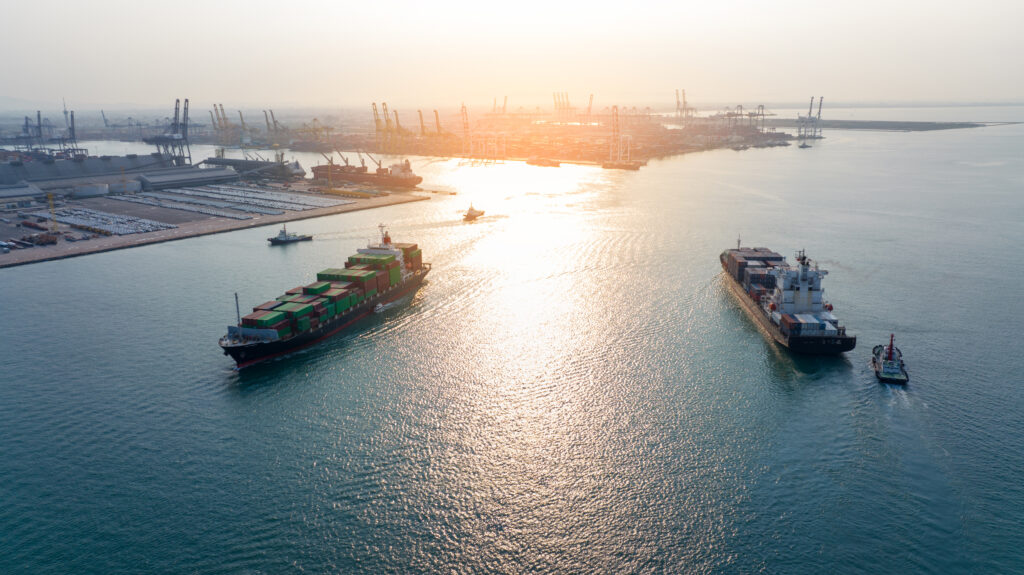A version of this article was first published by FIATA in January 2024.
The World Trade Organization (WTO) Trade Facilitation Agreement (TFA) came into effect on 22 February 2017 following its ratification by two–thirds of the WTO membership. It is widely recognised for its approach to enhancing trade outcomes which is not wholly dependent on reduction in tariffs or changes to market access but which requires the movement, release, and clearance of goods, including goods in transit. The TFA also includes measures to encourage all agencies operating at the border (including customs agencies) to cooperate on their regulation.
In more recent times, there has been a recognition that ‘trade facilitation’ initiatives should also be included in ‘regional’ or ‘plurilateral’ trade agreements. This reflects the modern approach that Free Trade Agreements (FTA) (howsoever constituted) now go beyond duty reduction and market access issues to include a variety of other initiatives which have not appeared in ‘traditional’ FTAs such as commitments on gender, diversity, labour standards and assisting the position of micro, small and medium-sized enterprises. In Australia’s circumstances, ‘trade facilitation’ (or customs procedures) chapters have been included in regional agreements such as the Regional Comprehensive Economic Partnership Agreement (RCEP), the Comprehensive and Progressive Agreement for Trans–Pacific Partnership (CPTPP), the Second Protocol to amend the agreement establishing the ASEAN-Australia-New Zealand Free Trade Area (AANZFTA) (signed but yet to be implemented) and in the Indo-Pacific Economic Framework (IPEF) Supply Chain Agreement (signed and yet to be implemented). Similar ‘trade facilitation’ chapters also appear in several of Australia’s more recent bilateral FTA such as its FTAs with the United Kingdom (AUKFTA), China (ChAFTA) and India (ECTA).
While many of the ‘trade facilitation’ chapters are currently aspirational they do form a vital framework to advance the cause of trade facilitation by way of direct action between parties to the FTAs. Such work between like–minded countries, with support from the private participants in the supply chain, offers more immediate opportunities to develop trade facilitation outcomes.
| Disclaimer: This publication contains comments of a general nature only and is provided as an information service. It is not intended to be relied upon, nor is it a substitute for specific professional advice. No responsibility can be accepted by Rigby Cooke Lawyers or the authors for loss occasioned to any person doing anything as a result of any material in this publication.
Liability limited by a scheme approved under Professional Standards Legislation. © 2024 Rigby Cooke Lawyers |
